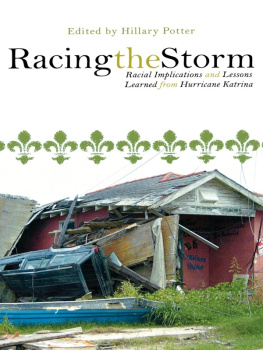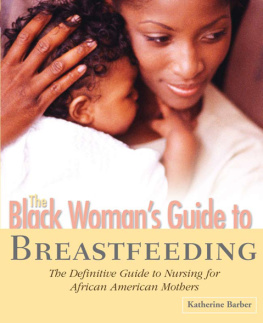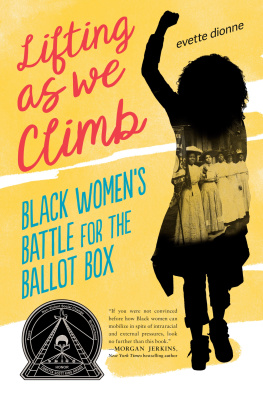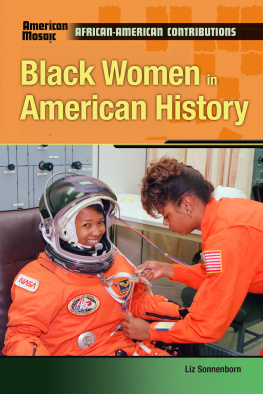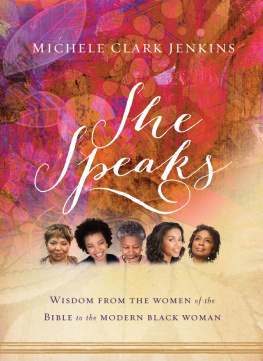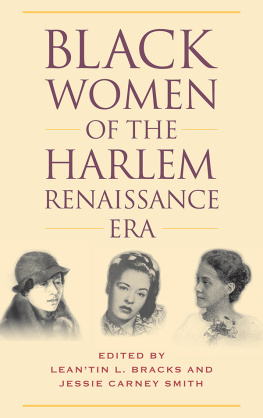Battle Cries
Battle Cries
Black Women and Intimate Partner Abuse
Hillary Potter
NEW YORK UNIVERSITY PRESS
New York and London
www.nyupress.org
2008 by New York University
All rights reserved
Library of Congress Cataloging-in-Publication Data
Potter, Hillary, 1969
Battle cries : Black women and intimate partner abuse /
Hillary Potter.
p.cm.
Includes bibliographical references and index.
ISBN13: 9780814767290 (cl : alk. paper)
ISBN10: 081476729X (cl : alk. paper)
ISBN13: 9780814767306 (pb : alk. paper)
ISBN10: 0814767303 (pb : alk. paper)
1. Family violenceUnited StatesCase studies. 2. African American
womenAbuse ofCase studies. 3. Abused womenUnited
StatesCase studies. I. Title.
HV6626.2.P68 2008
362.829208996073dc22 2008023332
New York University Press books are printed on acid-free paper, and their binding materials are chosen for strength and durability. We strive to use environmentally responsible suppliers and materials to the greatest extent possible in publishing our books.
c 10 9 8 7 6 5 4 3 2 1
p 10 9 8 7 6 5 4 3 2 1
I dedicate this book to my adoring and devoted parents,
Laurette A. Hildebrandt Potter and W. Fred Potter.
I also dedicate this book to the many resilient
women who have come into my lifeincluding those
with whom I share a blood bond, those who are in my
circle of friends, and those who shared their stories
with me to make this book possible.
Contents
Acknowledgments
Many individuals are to be acknowledged for aiding me in initiating and completing this book. To start, I am greatly indebted to the 40 phenomenal women who candidly and unselfishly shared their life stories with me. Their input provided me with an immense amount of noteworthy information that developed into a personally meaningful journey.
Of course, the study imparted in this book would not have been possible without my mentor, committee chair, guru, and, most important, friend, Dr. Joanne Belknap. It was by pure coincidence that I first met Dr. Belknap in her graduate course on violence against women, which I took prior to applying for the Ph.D. program in sociology at the University of Colorado at Boulder. It was during this course that I chose to author a paper on intimate partner violence against Black women, a decision that was optimistically supported by Dr. Belknap. Little did I know that that paper and my serendipitous encounter with Dr. Belknap would grow into a treasured research project and a cherished relationship. I am also grateful to Dr. Michael Radelet, who provided valuable feedback and encouragement for this investigative undertaking. The mentoring and support by Drs. Belknap and Radelet led me back to Boulder soon after I completed my doctoral studies and moved on to the next post in my career. It was their tenacity and belief in me as a dedicated scholar that aided me in securing a faculty position in my doctorate-granting program and institution. My years on faculty thus far have been rewarding and rewarded because of the faithful backing of Drs. Belknap and Radelet.
The transition to writing a first book would not have come to be without Ilene Kalish, my editor at NYU Press, and the anonymous reviewers of earlier manuscripts of this work. The suggestions by Ms. Kalish and the reviewers unmistakably strengthened the presentation of my study. Specifically, Ms. Kalish helped me transform my earlier drafts into a piece of work that remains loyal both to academic standards and to the voices and experiences of the women interviewed. Indeed, it was Ms. Kalish who renamed my theoretical concept of multiplicative resistance, a quite cumbersome designation, into the more suitable term dynamic resistance. Ms. Kalish has gone beyond what I believed an editor was and did. She is owed much praise for her belief in my abilities as an academic and for her enthusiasm for my project.
My deepest appreciation goes to my family, which is certainly my foundation of support. My parents are first and foremost responsible for the accomplishments I have achieved in my life. I am thankful for the strength, resilience, forthrightness, and unwavering adoration exhibited and bestowed by my mother, Laurette Potter. To my father, Fred Potter, I am grateful for his exemplary work ethic, vigor, and tacit, but undeniable, love and support. To be sure, the reverent, stable, and equitable 50 years of marriage between my parents have not been lost on me. Also, my brother, Jason Potter, has unquestionably always been there for me. If not for my big brother, who relentlessly reminded me to relax, laugh, and not be so terribly serious about all things all the time, I would certainly not have sustained myself through this harrowing project. Undoubtedly, the same can be extended to my big sisters, Nina Boots Potter and Cheryl Potter, and to my beautiful and bright nieces and nephews, Lauren, Cheyne, Lindsay, Caelan, Magenta, Myah and Maya. Their vivacious-ness and encouragement continually nourish me in my daily subsistence and professional undertakings. Finally, my many dear friendswith a special shout-out going to Allison Cottonhave been particularly obliging and supportive during my pursuits to achieve my goals and dreams. The support of my homegirlsespecially Alan Gibbons, Sonja Coleman-Harris, Dimitria Cook, and Stephanie Perezhas not wavered as I have repeatedly gone missing in action over the years.
It is to all these bondsold and newthat I am greatly indebted.
Introduction
The Call
I use myself as an example. I was dealing with the issues of being Black, a descendant of Black people that have been enslaved, being a person displaced from their country, dealing with incest of my dad, dealing with rape, with depression and suicide. How the hell are you supposed to get out from under? And youre Black, too? And I think I had more variables than some Black women. For some people its easy to say maybe I deserved it, maybe I did wrong by fighting back, maybe I was too strong. Or if youre dealing with the issues, youre also trying to raise kids, and the kids become the priority instead of you. You dont even take a chance to heal because youre too busy taking care of everybody else. And thats what youre supposed to do, somebody says. I think for Black women its harder. They deal with imaginary expectations as well as real expectations.
Lola, age 42
Popular rhetoric often portrays Black
Although survey research and arrest records indicate that the number of battered Black women is relatively large, battered Black women as a group are often obscured and ignored because of their race, gender, class, and victim statuses. Black women who endure abuse by their intimate partners are often invisible to the general public (conceivably because of the racialized and gendered priorities of news media outlets) or are further victimized by institutions that are intended to assist battered women. When official entities have intervened, ostensibly on behalf of these women, they have frequently relied on biased beliefs and often caused more harm than good.
Intimate partner abuse against Black women has also been ignored or discounted within the communities from which these women originate. Blacks in the United States have many focal points in their struggle for equality, including inadequate access to suitable housing, health care, and education; underemployment and poverty; substance abuse and high rates of HIV/AIDS; and excessive police contact, criminal prosecution, and imprisonmentall of which tend to be the result of historical and contemporary race and class discrimination. However, violence against women is not often deemed a high priority within the Black community. Even though intimate partner abuse has been addressed by several Black feminist scholars and novelists (such as Patricia Hill Collins, Angela Y. Davis, bell hooks, Toni Morrison, Beth Richie, and Alice Walker),


